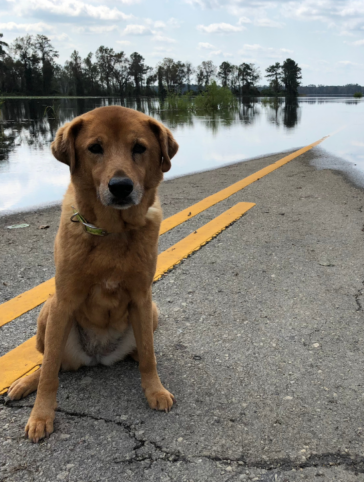Rescues, shelters, and other animal welfare organizations face numerous risks in the course of helping animals. Some of these – like dog bites, disease, and property damage – are obvious. However, there are other liability exposures that may catch animal welfare organizations off guard – and not all animal welfare organization insurance policies provide adequate protection.
-
Foster-to-Adopt Structures.
Foster-to-adopt programs allow individuals or families to foster animals on a temporary basis before adopting the animals permanently. This may seem beneficial in many ways. For instance, a family may end up being a poor match for an animal, whether it’s because the animal requires a higher level of care than the family can provide, the animal doesn’t get along with other pets in the household, or some other unexpected issue arises. A foster-to-adopt program lets families test the waters before making a commitment.
However, insurers may not see it this way. A foster-to-adopt program muddies the waters between volunteers and clients, which creates liability issues and coverage gaps. Before implementing a foster-to-adopt program, talk to your insurance provider about the liability and insurance ramifications.
-
Exclusions for Volunteers.
Many insurers exclude volunteers from medical expense coverage. This exclusion may apply to both volunteers who help at your site and fosterers who take in animals. This means that if a volunteer is bitten by an animal or otherwise injured as a result of his or her work, your organization may lack coverage for the resulting medical costs.
Luckily, there’s an easy solution: secure coverage by purchasing a volunteer accidental medical policy.
-
Personal Vehicles Used for Work-Related Purposes.
People who work for animal welfare organizations often use their personal vehicles to carry out tasks like transporting animals, picking up supplies, or running errands. However, if an accident occurs, your animal welfare organization could be named in the resulting lawsuit. You might not have coverage through either the individual’s personal auto policy or your commercial auto policy.
For situations like this, you need two policy types. First, the vehicle owner needs to cover the vehicle with a personal auto insurance policy. This covers the owner’s liabilities and (assuming the owner has collision and comprehensive insurance) damage to the car. Additionally, the animal welfare organization should carry hired and non-owned auto liability insurance.
-
Well-Intentioned Social Media Posts.
When an animal needs a forever home, volunteers are often eager to help by sharing information online. Unfortunately, if things go wrong, a volunteer could be liable. For example, a volunteer who posts about a dog available for adoption could be named in a dog bite lawsuit. It may seem like a stretch since the volunteer only shared information, but lawsuits often name everyone involved.
To mitigate this risk, animal welfare organizations should consider creating clear social media posting policies and educate volunteers on the potential risks of posting on animal welfare information on their personal feeds.
-
Forgoing Contracts.
Animal welfare organizations frequently partner with other organizations – from boarding facilities to jails. Sometimes, they do this without a formal contract. Since the relationship is mutually beneficial, the parties involved may not think they need a contract – until something goes wrong.
To avoid disputes, it’s important to have a written contract that specifies the details of the partnership, the responsibilities of the parties involved, and who is liable for what. It’s also a good idea to state insurance requirements.
-
Skipping Over the Fine Print.
Insurance policies tend to involve a lot of fine print and jargon that the average person may not understand. It’s common for policyholders to not pay too much attention to the terms, but this may lead to problems down the road. If you don’t know what’s in your policy, you may not have the coverage you think you have.
For example, you might think you have coverage for lawsuits involving dog bites. You may not find out you don’t have coverage – for instance, due to exclusions for certain breeds of dogs – until you’re facing a lawsuit.
To ensure your organization is fully protected, it’s important to know exactly what’s in your policy, including any restrictions, exclusions, or limitations. An insurance broker can help you understand your policy and answer any questions you have about your coverage.
Do you have coverage for the risks you face? If you’re unsure, ask Tangram. We offer insurance for animal welfare organizations through AWOIP. We’ve developed our insurance solutions for animal rescue groups, rehabilitation centers, sanctuaries, shelters, and trap, neuter, release organizations. Learn more.




